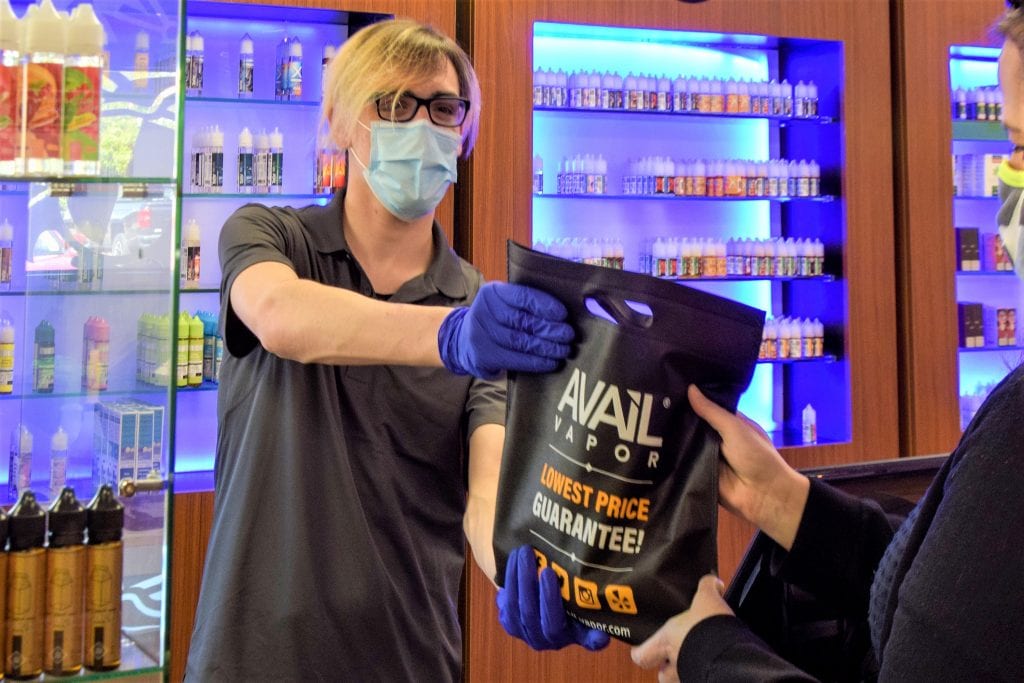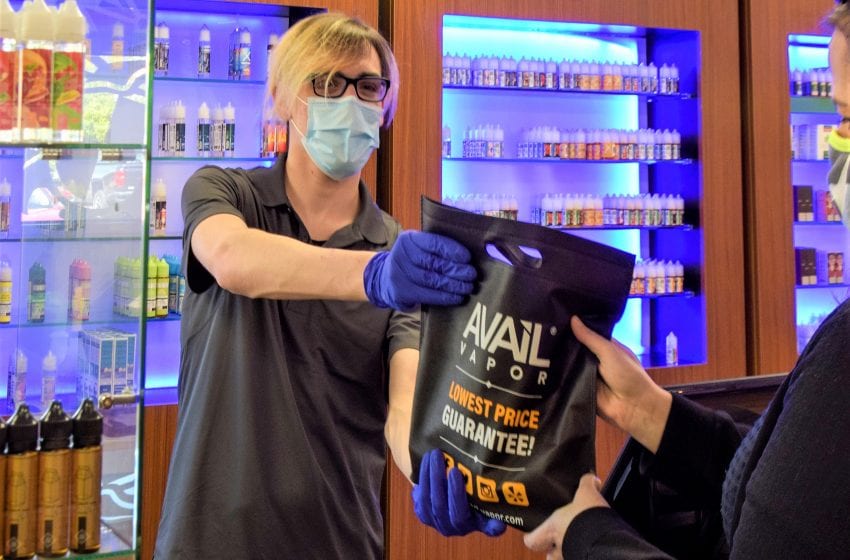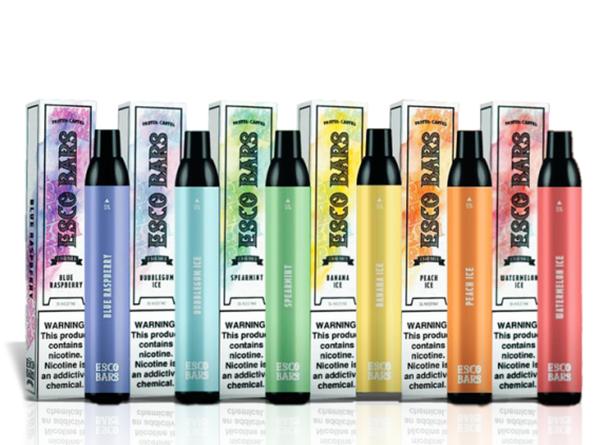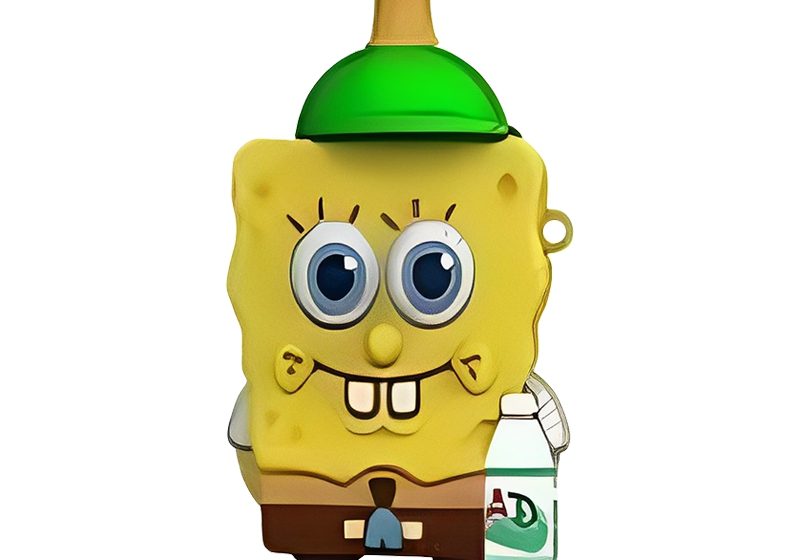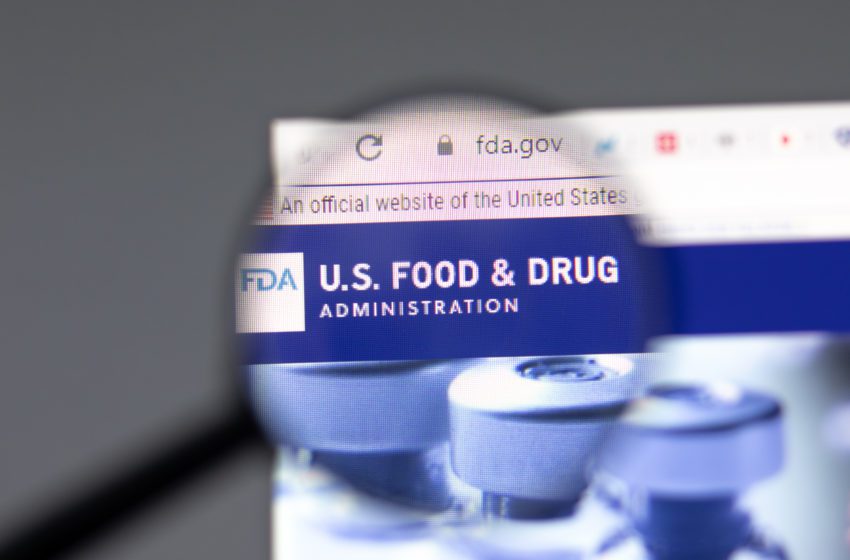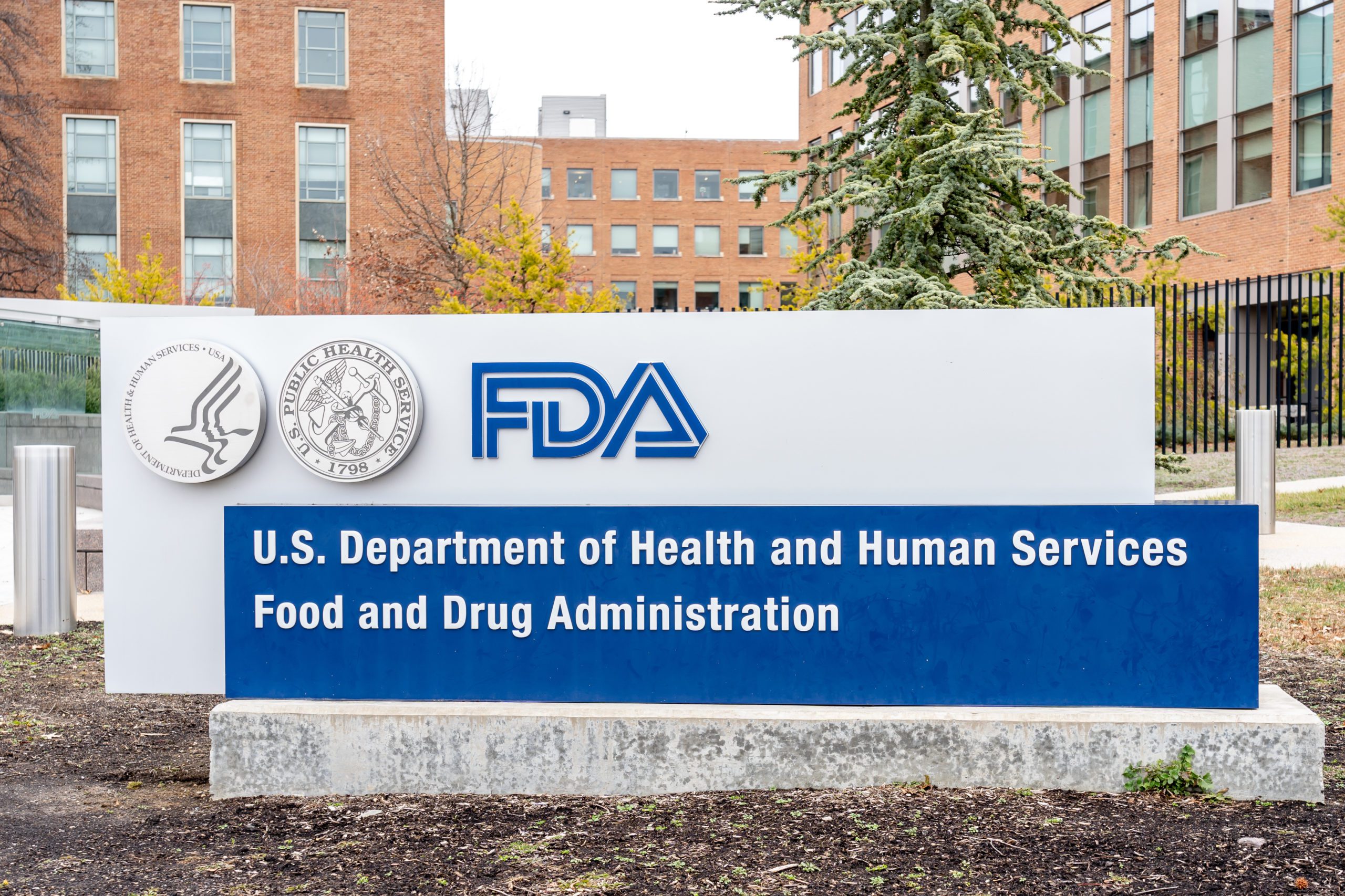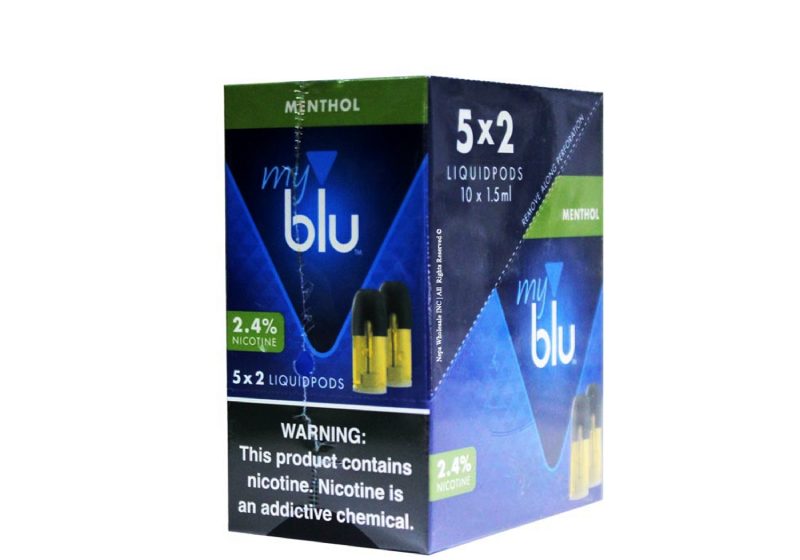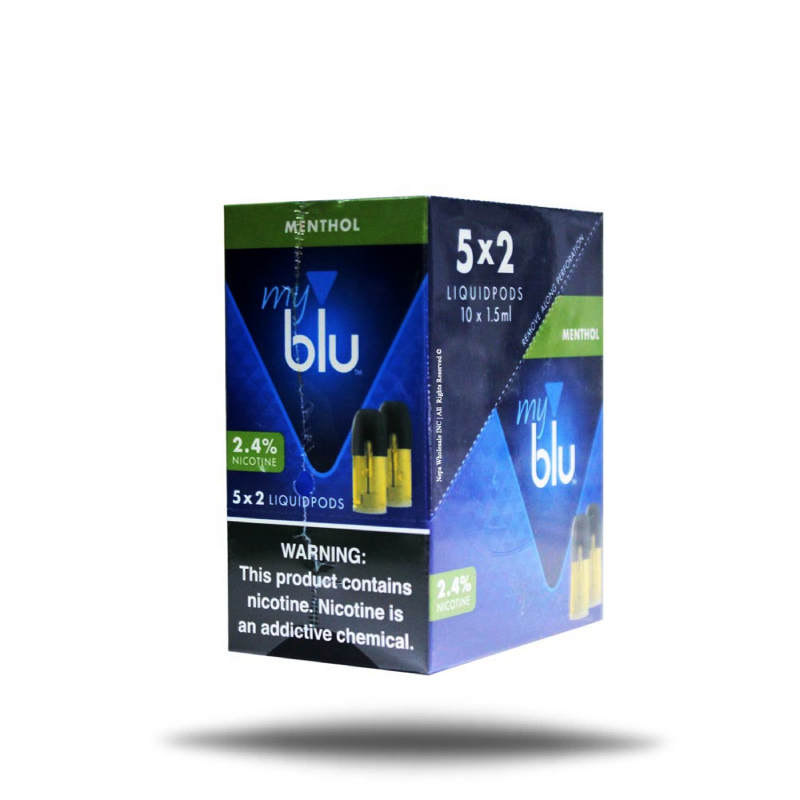The U.S. Court of Appeals for the D.C. Circuit yesterday found that the Food & Drug Administration failed to conduct the proper analyses before rejecting some vaping product applications.
The court’s unanimous decision in Fontem US v. FDA upheld the regulatory agency’s denial of Fontem’s application to market flavored vaping products, in line with prior D.C. Circuit precedent, but rejected the FDA’s denial of Fontem’s applications for unflavored products.
This is the second circuit court of appeals to accuse the FDA of a “surprise switcheroo” when reviewing vaping product applications.
Fontem, the company behind the Blu and myBlu vaping brands, argued that the FDA had not conducted the proper analysis prior to rejecting their applications. The D.C. Circuit Court agreed with Fontem in regards to their unflavored products, ruling that the FDA had “neglected to conduct the overall public health review specified by law.”
Judge Rao’s opinion for the court (joined by Judge Walker and Senior Judge Ginsburg), stated that with respect to Fontem’s unflavored products, the FDA also denied Fontem’s applications on the public health ground.
“While the FDA identified multiple ‘deficiencies,’ it failed to analyze the tradeoffs necessary to make a public health finding. Nor did the agency explain how the specific deficiencies relate to its overall conclusion that Fontem failed to demonstrate its unflavored products were appropriate for the protection of public health,” the opinion states. “The agency’s denial therefore failed to comport with the requirements of the Tobacco Control Act.”
In denying Fontem’s unflavored products, the FDA relies solely on the public health ground. The FDA could have promulgated regulations imposing consistent requirements on the composition and manufacturing of tobacco products, according to the order.
“Had the agency done so, Fontem’s failure to meet those standards would be an independent and sufficient ground for denying the applications, regardless of the overall public health consequences of Fontem’s products,” the order states. “But the agency has not exercised its regulatory authority. Because the FDA has chosen to proceed application by application under the public health ground, it must undertake the holistic inquiry required by the statute.”
Instead of making an overall assessment that Fontem had not shown its products were beneficial to the public, the agency identified five highly technical deficiencies, according to the order. But nothing in the denial order explains how the deficiencies relate to the overall public health consequences of Fontem’s unflavored products.
The FDA’s failure to correctly apply the public health inquiry to Fontem’s unflavored products led it to make another serious error, according to the order. In its initial deficiency letter, the FDA requested certain information from Fontem, thereby indicating such information would be sufficient for the agency to approve Fontem’s products.
“Cf. 21 U.S.C. § 387j(c)(3) (providing an application denial “be accompanied by a statement informing the applicant of the measures required to remove such application from deniable form”),” the order states. “But in several instances, the FDA changed its tune in the denial order, reproaching Fontem for failing to provide information the agency had never explicitly sought.
“Shifting the regulatory goalposts without explanation is arbitrary and capricious. By indicating in its deficiency letter that Fontem could resolve issues with its applications by providing specific information, the FDA represented such information would be sufficient to secure approval.”
